Here are a few tips...

Muscle cramps is a topic I haven’t addressed and so many patients suffer from these in various forms. The topic was given to me by a super fan (my lovely wife) who suggested the topic as we are traveling down the interstate hoping to spend some time with the grandkids. My hope is that sitting in the car for 7 hours won’t bring on leg cramps.
Muscle cramps, often referred to as "charley horses," are involuntary muscle contractions that can range from mildly uncomfortable to excruciatingly painful. They can occur in various muscle groups, such as the legs, arms, and abdomen, and are a common complaint among people of all ages. The areas that affect me the most are my hamstrings and calf’s, and it usually happens in the night while I’m sleeping. While muscle cramps are typically harmless, they can disrupt daily activities and quality of life. In this article, we will explore the causes of muscle cramps and discuss various treatment options, including diet, prescription medications, and dietary supplements, to help you find relief from these pesky muscle spasms.
Before delving into the treatment options, it's crucial to understand the underlying causes of muscle cramps. Several factors can contribute to the development of muscle cramps, and often, they occur due to a combination of these factors. The primary causes of muscle cramps include:
Dehydration: One of the leading causes of muscle cramps is dehydration. When your body loses too much fluid, either through sweating during strenuous exercise or inadequate fluid intake, it disrupts the balance of electrolytes, particularly potassium and sodium, in your muscles. This imbalance can trigger muscle cramps.
Overuse or Fatigue: Muscles that are overworked or fatigued are more prone to cramping. Athletes are susceptible to muscle cramps, especially when they push their bodies beyond their limits during intense training or competition. This is often seen at the beginning of the football season when the temperature is hot and athletes are excessively sweating.
Mineral Deficiencies: Deficiencies in essential minerals like potassium, magnesium, calcium, and sodium can lead to muscle cramps. These minerals play a critical role in muscle function, and a shortage can result in muscle spasms and cramping.
Poor Blood Circulation: Inadequate blood flow to the muscles can cause them to contract abnormally, leading to cramps. This can be caused by sitting or standing in one position for too long, particularly in cold weather.
Medications: Some medications, such as diuretics, statins, and certain asthma medications, may increase the risk of muscle cramps as a side effect.
Medical Conditions: Certain medical conditions, including diabetes, peripheral artery disease, and neurological disorders, can contribute to muscle cramps. These conditions often affect nerve and muscle function, increasing the likelihood of cramping.
Now that we have a better understanding of what causes muscle cramps, let's explore various treatment options to alleviate and prevent them.
The simplest and often most effective way to prevent and alleviate muscle cramps is to stay properly hydrated and maintain a balanced electrolyte profile. Here are some tips:
· Drink an adequate amount of water throughout the day, especially when engaging in physical activity.
· Consider sports drinks or electrolyte-replenishing beverages during intense exercise sessions.
· Include potassium-rich foods in your diet, such as bananas, oranges, and potatoes, to help maintain proper muscle function.
· Consume foods high in magnesium, like nuts, seeds, and leafy greens, to support muscle health.
When a muscle cramp strikes, gently stretching and massaging the affected muscle can often provide immediate relief. Try these techniques:
· For leg cramps, sit down and extend your leg while flexing your foot upward to stretch the calf muscle.
· Use your hands to gently massage the cramped muscle in a circular motion.
· Apply heat to the area using a warm towel or heating pad to relax the muscle.
· Applying topical magnesium can be a benefit as well.
In severe cases where muscle cramps are frequent and disruptive, your healthcare provider may prescribe medications to help alleviate symptoms. Some commonly prescribed medications include:
· Muscle Relaxants: Medications like cyclobenzaprine or diazepam can be prescribed for muscle relaxation.
· Antispasmodic Medications: Drugs like baclofen or tizanidine can reduce muscle spasms and cramps.
· Anticonvulsants: Certain anticonvulsant drugs, such as gabapentin, may help manage cramps associated with neurological conditions.
· Unfortunately, all these medications have the potential to cause fatigue and drowsiness, a side effect most don’t want to deal with especially during the day.
Supplements can be beneficial in addressing mineral deficiencies that contribute to muscle cramps. Here are some dietary supplements that may help:
· Magnesium supplements can be particularly helpful for individuals with magnesium deficiencies. Magnesium plays a crucial role in muscle contraction and relaxation. My favorite for this is magnesium glycinate as it is highly absorbable and less likely to cause GI upset or diarrhea.
· Adequate calcium intake is essential for muscle function, and supplements may be beneficial for those with calcium deficiencies.
· If you have low potassium levels, potassium supplements or potassium-rich foods can be beneficial.
· Vitamin D is essential for calcium absorption, and low levels can contribute to muscle cramps. Supplements may be recommended for individuals with vitamin D deficiencies. Testing this is easy and inexpensive.
Making certain lifestyle changes and adjusting your exercise routine can also help prevent muscle cramps:
· Avoid staying in one position for extended periods; take breaks to stretch and move around.
· Gradually increase the intensity and duration of your exercise to avoid overexertion and fatigue. Consider working with a physical therapist or personal trainer to develop a customized exercise plan that minimizes the risk of cramps.
· For individuals prone to muscle cramps due to poor circulation, compression garments like socks or sleeves may help improve blood flow to the affected areas and reduce the frequency of cramps.
Muscle cramps can be both painful and disruptive, but understanding their causes and effective treatment options can provide relief and prevention. Whether it's staying hydrated, adjusting your diet, taking supplements, or considering prescription medications, there are various strategies to manage and alleviate muscle cramps. Remember that individual experiences and needs vary, so it's essential to work with a healthcare professional to determine the most suitable treatment plan for your specific situation. With the right approach, you can minimize the impact of muscle cramps on your daily life and overall well-being.
If you need help dealing with muscle cramps, stop by or call the pharmacy (701-483-4858). We can talk about alternative options that will address the issue from a different angle. Please visit my website at www.irsfeldpharmacy.com to find this and other archived articles in the blog section.
Until next time, be vigilant about your health!
VISIT US
HOURS
HOURS
CONTACT US
Fax #: (701) 483-4926



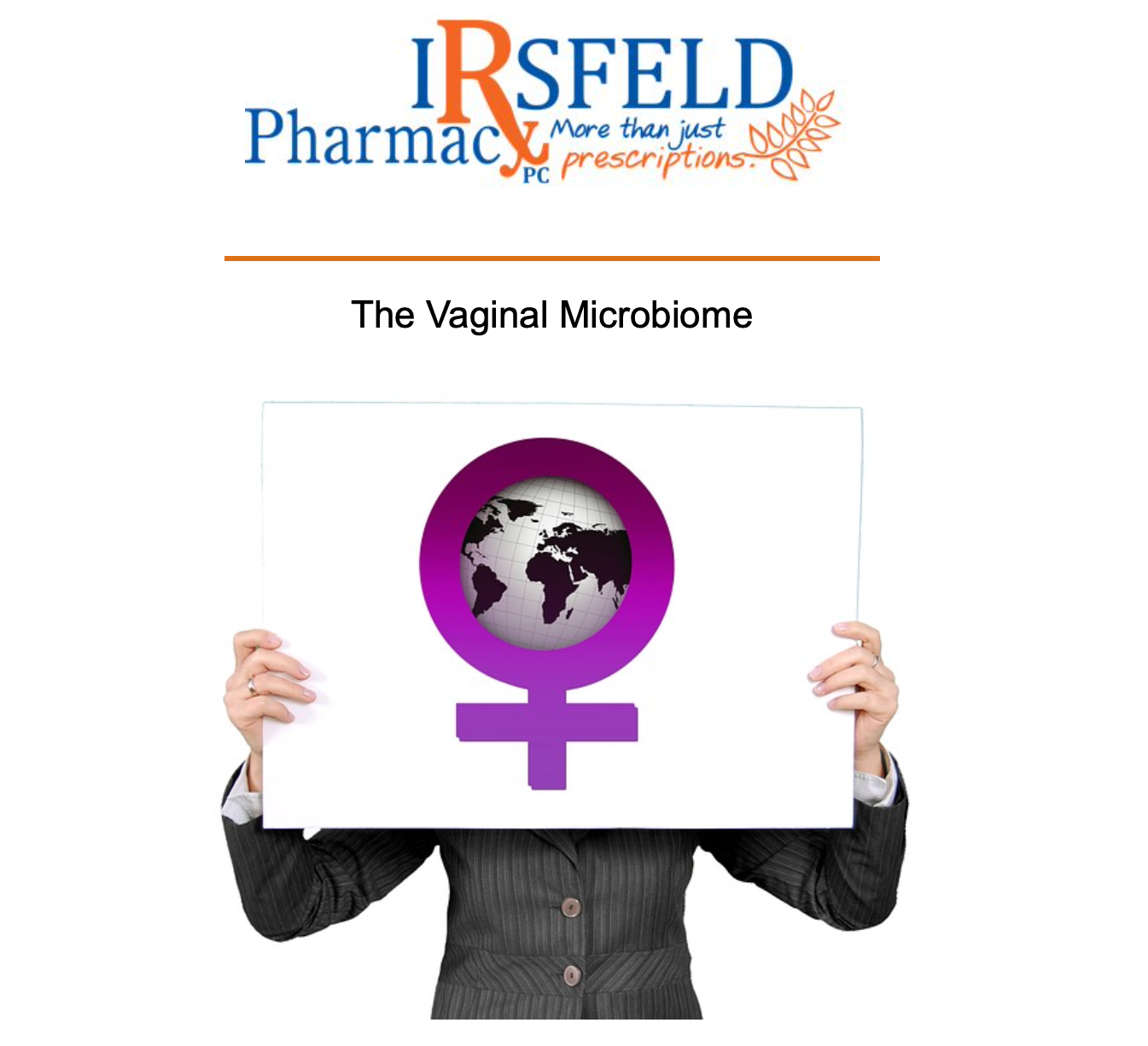
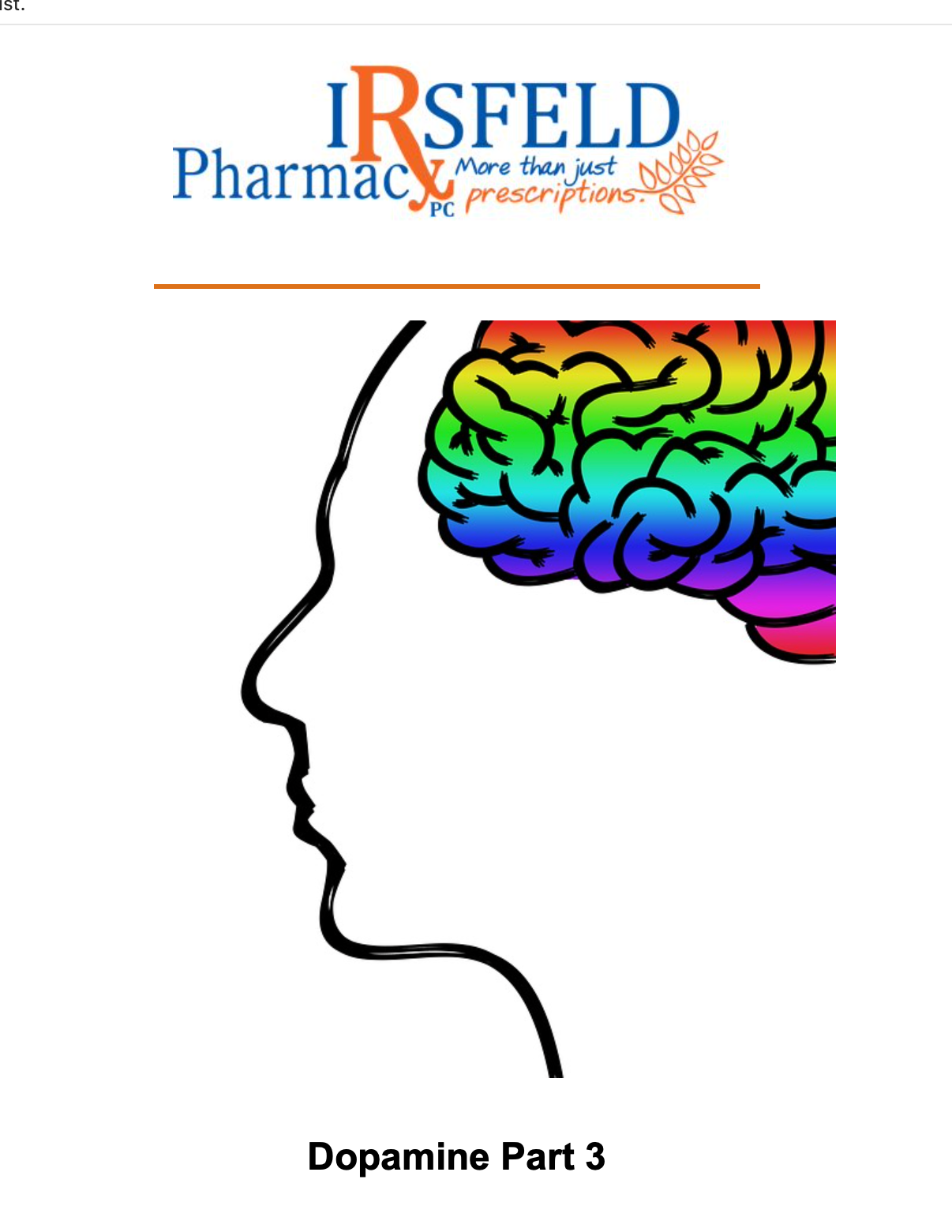

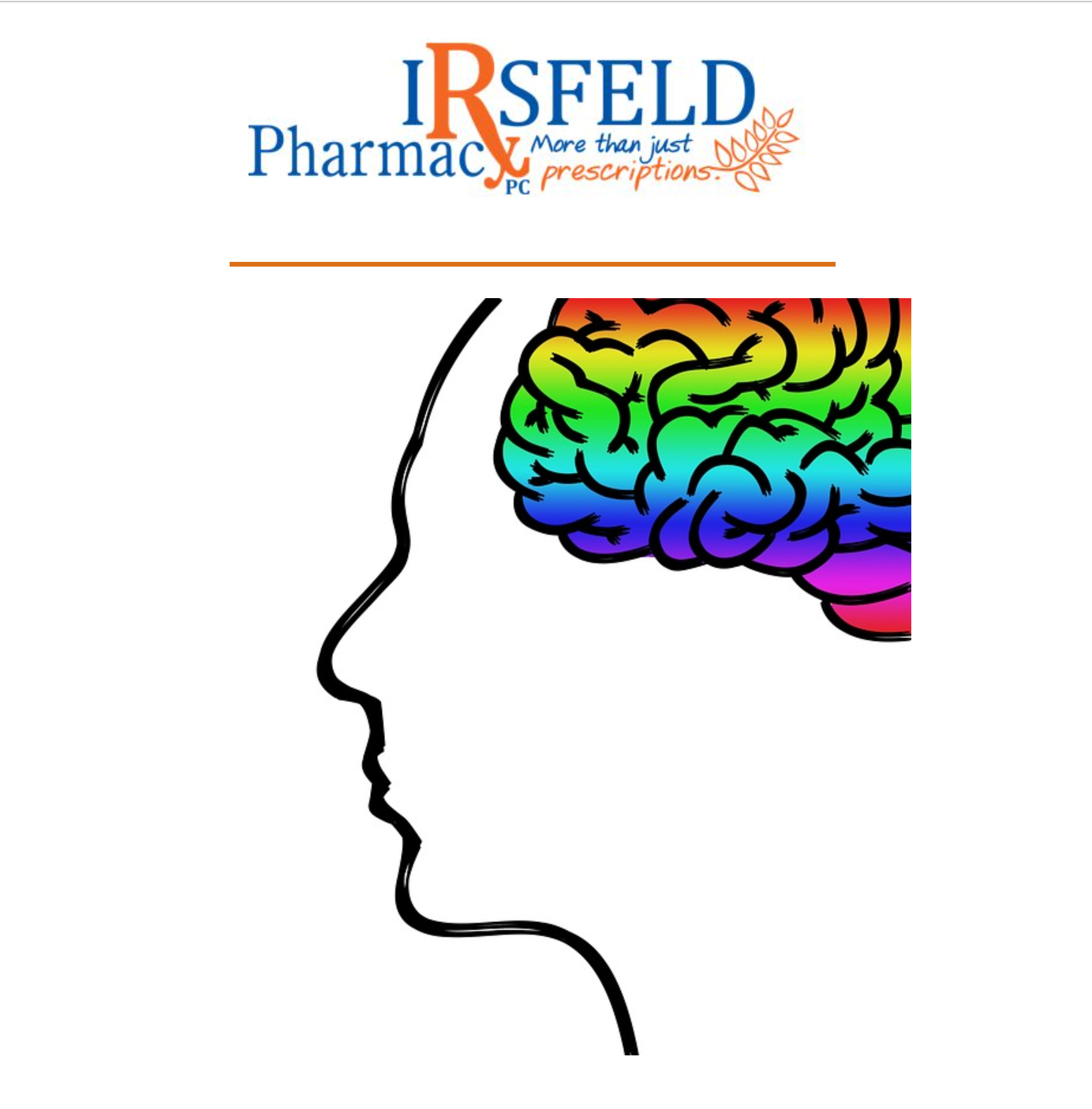
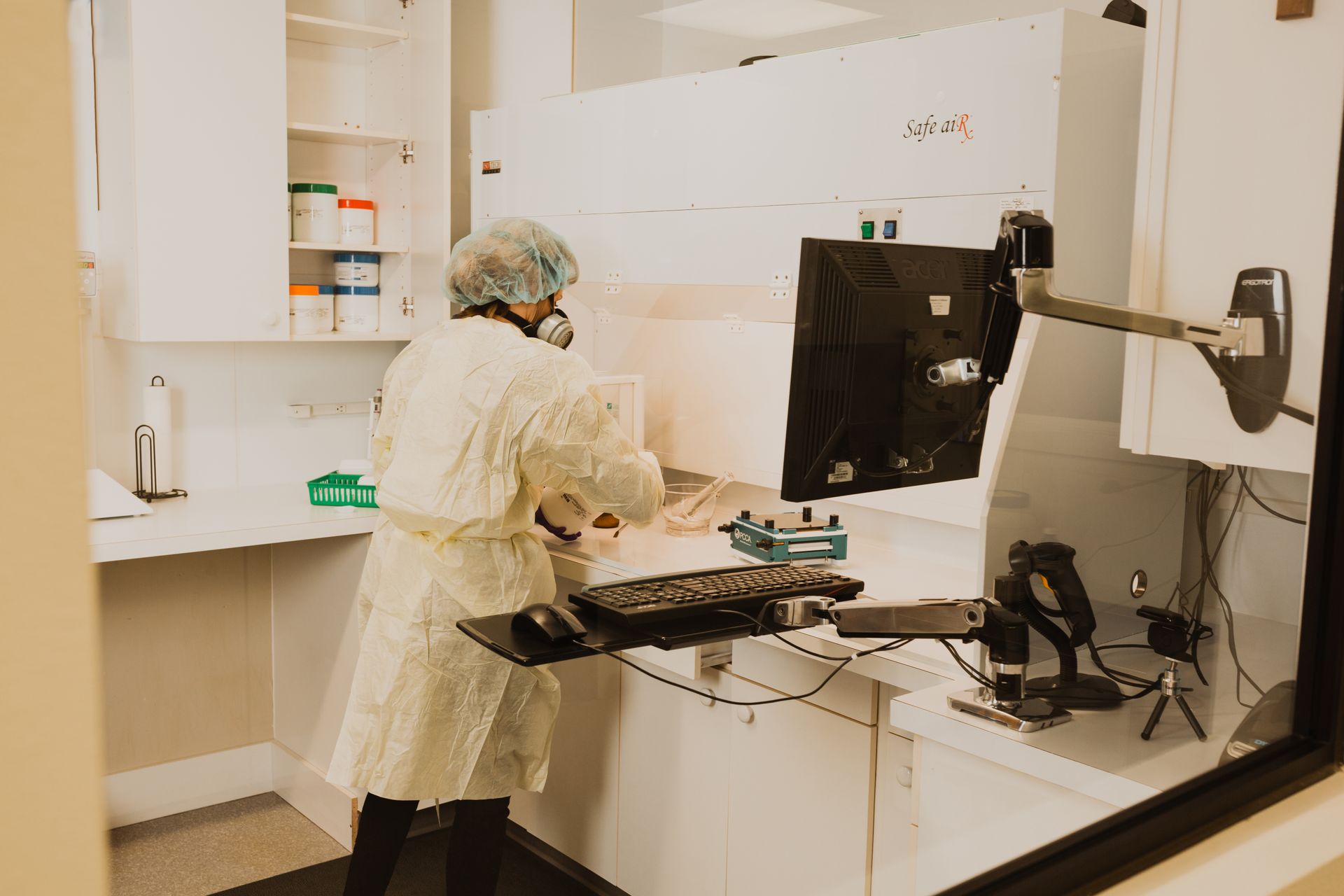


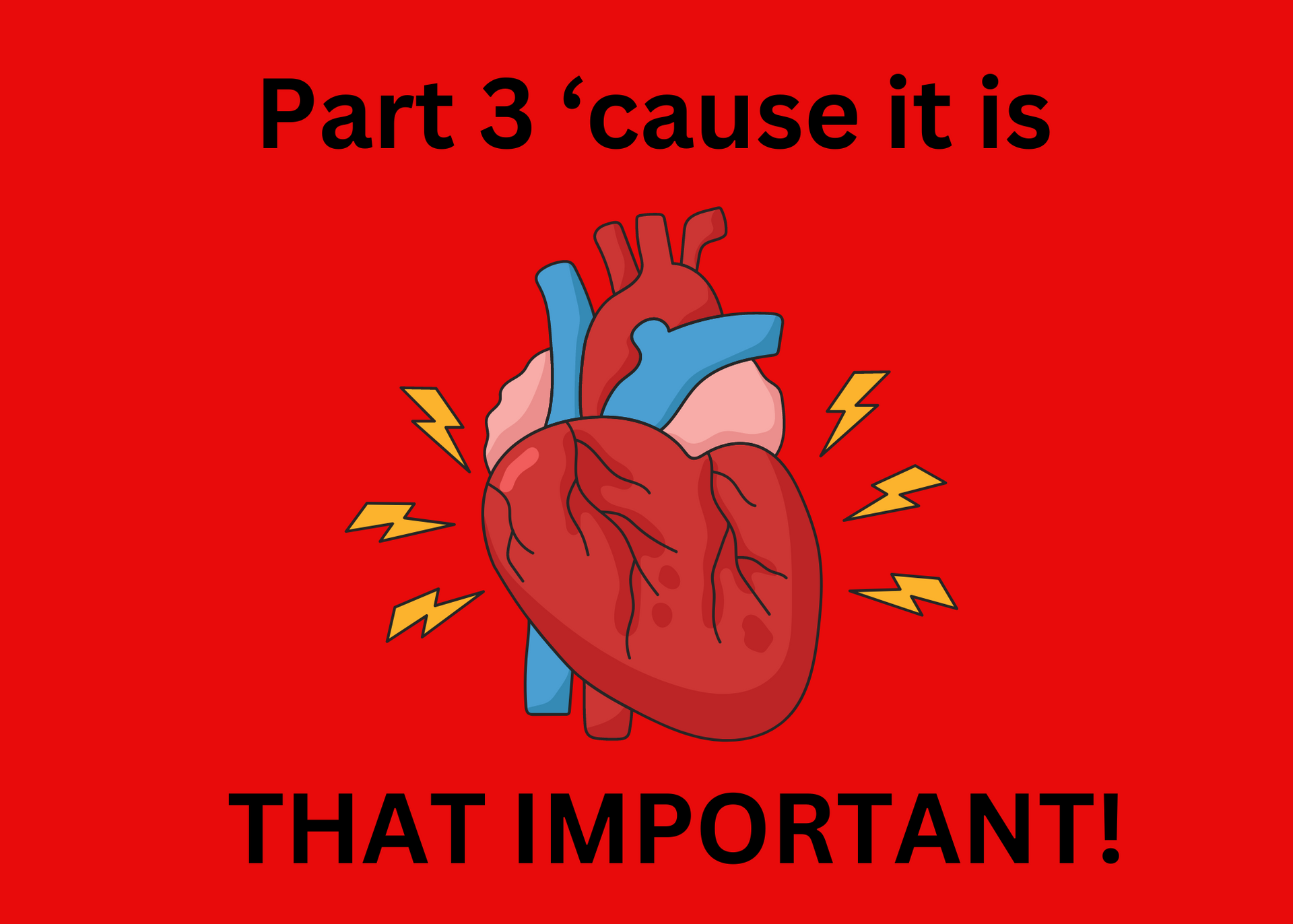
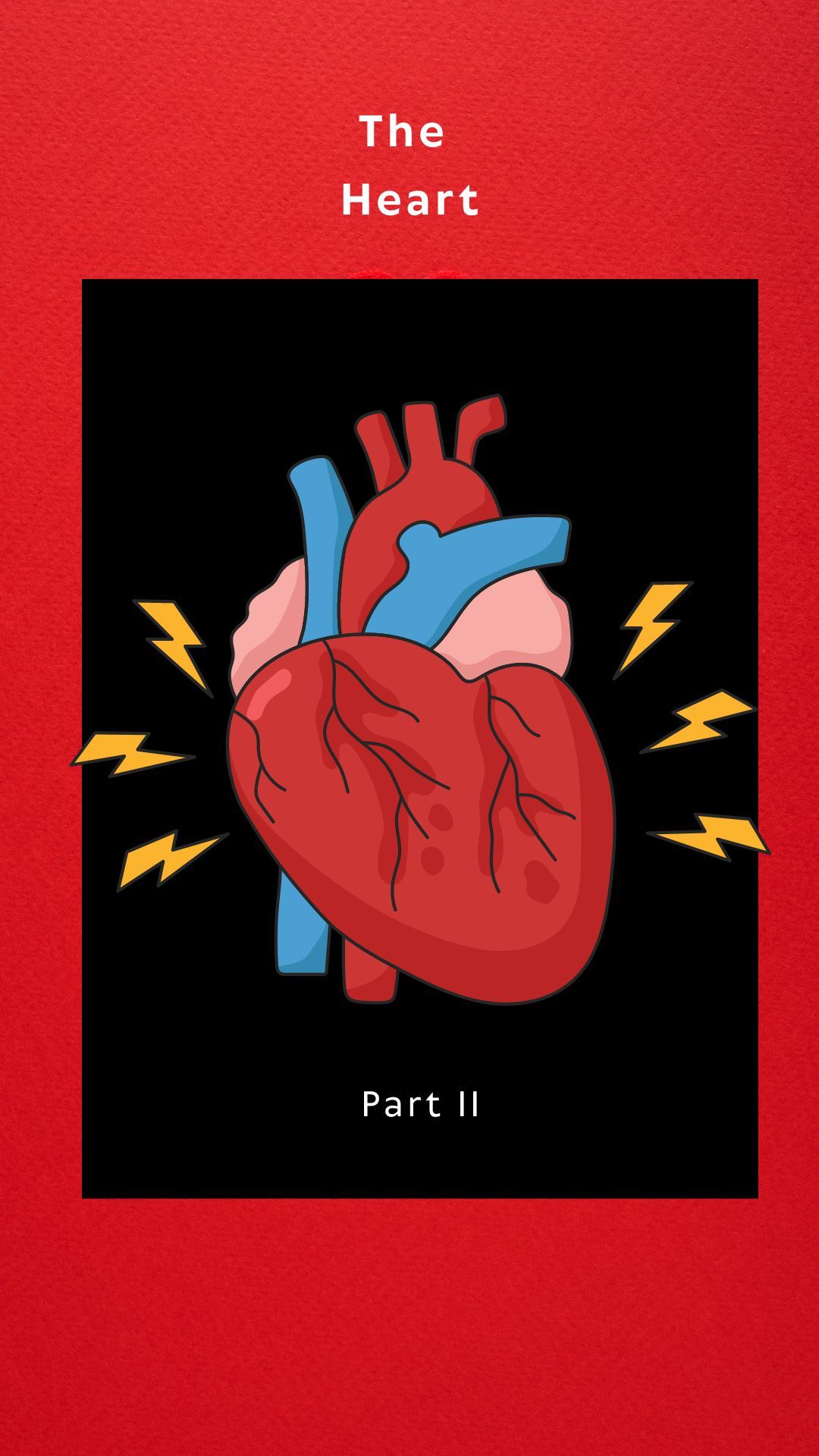
Share On: